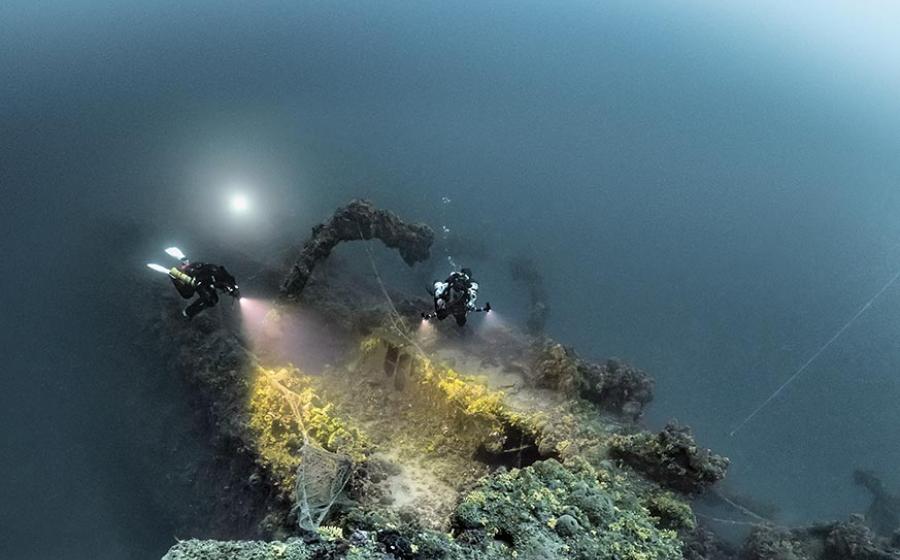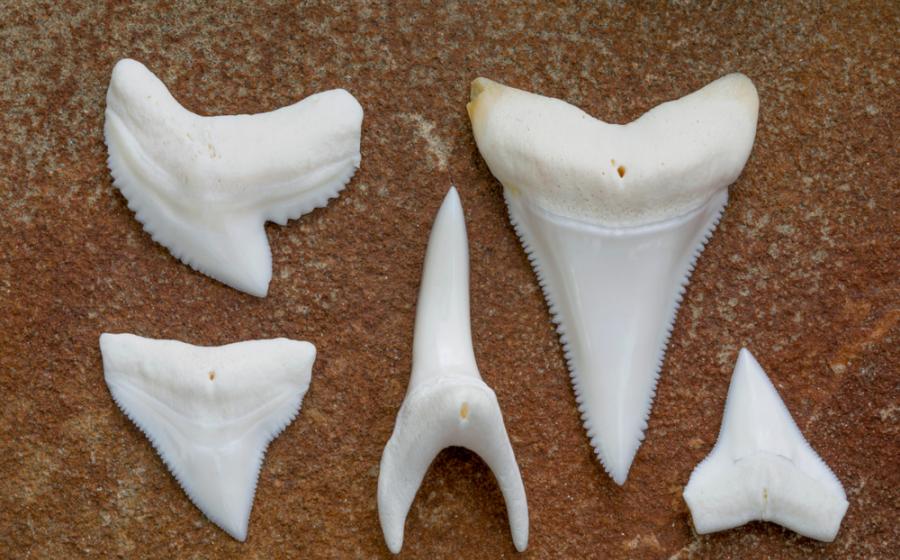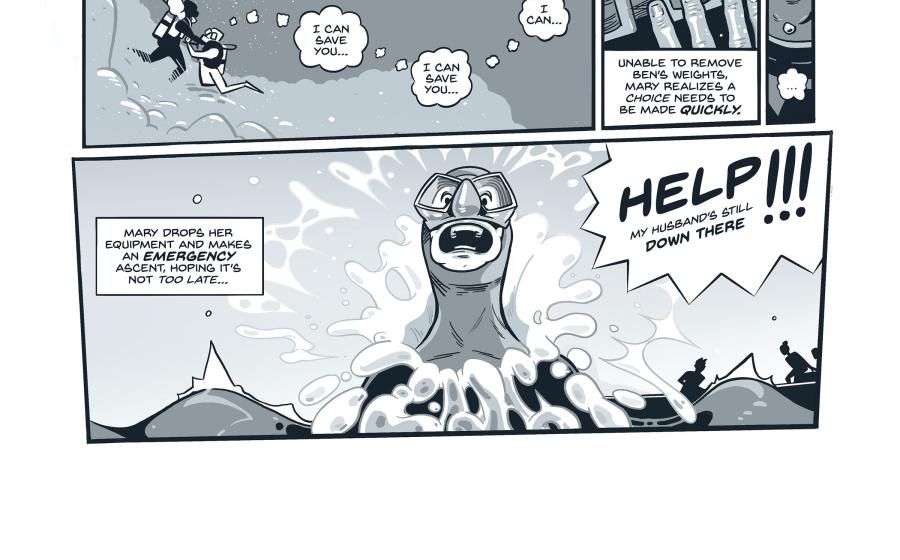“Kelping” the Earth

COURTESY OF ATLANTIC SEA FARMSTrusted in their community, fishermen-farmers are bringing credibility to the burgeoning kelp industry in Maine.
"Good food should do good” is Atlantic Sea Farms’ motto and mission. The company teaches lobster fishermen to farm kelp—to sustain themselves and the planet.
It’s no secret Maine’s fishermen traditionally rely heavily on a single species: lobster. With climate change and increasing fisheries regulations threatening to disrupt the industry, ASF CEO Briana Warner wanted to keep lobstermen working on the water, even if it looked a little different. She proposed seaweed farming as a solution. In 2018, with ASF’s support, fishermen began farming kelp.
The benefits are many.
First, kelp is great for the climate. As a plant, kelp photosynthesizes to grow—sequestering tons of carbon dioxide and producing oxygen in the process.
As a farming commodity, the seaweed requires no land, freshwater inputs or fertilizers. “It’s all Mother Nature taking care of kelp,” seaweed aquaculture coordinator Aurora Burgess says. Kelp grows passively in the water column with some monitoring by fishermen-farmers.
Kelp is also an ideal “off-season” crop. Maine’s fishermen continue to lobster from June to October—when the water is too warm for seaweed. Traps get pulled in October, and kelp lines go out around November, staying until lobster season begins again. By growing kelp, fishermen diversify their income.
ASF incentivizes fishermen-farmers by providing free kelp seeds, technical assistance and a guarantee to buy all kelp grown. “This lowers the risk for fishermen to start up,” Burgess says. ASF processes raw kelp into retail products or sells it to food service and other companies making kelp-based products.
Related Reading: Marine Species Invasion or Relocation

COURTESY OF ATLANTIC SEA FARMSAtlantic Sea Farms uses harvested kelp for food products like kimchi and seaweed salad.
“The hope that seaweed farming has brought to people has been amazing to watch,” Burgess says. “There was a lot of despair and fear about what lobstering will look like in the next one to two decades. Now, instead, our partner farms are leading the country in climate-change adaptation.”
WANT TO BECOME A KELP FARMER?
Atlantic Sea Farms invites anyone who runs an active maritime business and who's interested in learning more about partnering with ASF to reach out to them on their website. Seaweed farming is a great way for fishermen, aquaculturists and others who work on the water to diversify their incomes, shore up against the shifting tides of climate change and sustain their way of life. In addition to the industry support and business guarantees mentioned above, ASF offers individuals looking to enter the industry a supportive community of experienced farmers who are leading the way in expanding seaweed farming in the U.S.
GreenWave is another organization helping to get kelp farmers in the water. This nonprofit that trains and supports ocean farmers. The organization helps people create and scale ocean farms that yield meaningful economic and climate impacts. It’s working with farmers “from seed to sale” to create a new blue economy based on regenerative ocean crops like kelp. Its free online Ocean Farming Hub functions as a learning platform and supportive community for farmers. There are currently more than 2,500 users. Additionally, GreenWave’s Kelp Climate Fund subsidizes farmers for their climate- and ecosystem-positive work by paying them directly for carbon and nitrogen removal (through kelp) and habitat restoration. In return, farmers provide monitoring data on their crops.










